I don’t know whether anybody bothers with blogs that aren’t about cats, food or fashion but I thought it might be interesting to blog about the new novel I’m about to start as a way of tracking what happens when I write. Readers often ask ‘how do you write?’ and I am myself always interested in how other writers go about it but it’s a mysterious process and I’ve always taken it for granted. There’s no right way or wrong way, of course. We all eventually find the way that suits us.
Put simply, I get up, shower while mulling over the story, quickly breakfast, then start. Superficially it’s that straightforward. About five thousand words later I stop. End of story (or at least half a chapter).
Of course there’s more. For instance, I love that feeling right at the beginning, staring at a blank screen with nothing on it and then slowly beginning to find it filling with characters and events. Magic! I love it. There’s nothing else I’d rather be doing. It’s curious how that happens and this will be an attempt to find out how it does – and it’ll shadow the novel I’m working on in another way (see later) which will be about alchemy as well as a lot of other things. Why alchemy? I get bored when faced with the well-worn so I usually choose a theme I know nothing about. (Stained glass in The Law of Angels, palace of the anti-pope in The Butcher of Avignon). I’m not all that interested in a lot of sword-play and spilled guts stuff. I find it superficial. I like my people to have some heart-felt emotions, a strong motivation, a vibrant inner life, loves and hates and a desire to understand themselves, like the real people I know. Apart from that, how I happen to write should reveal itself in what follows.
I have to admit I’m a little bit frightened. Maybe the energy of the novel will disappear by writing it out? Novels need darkness and silence, to lie undisturbed, like seeds underground. Or so I’ve always believed. Surely it’s a bad thing to talk out your story to anybody before you start? Maybe in a general way it’s ok in order to firm up ideas, but not to talk about the characters before you’ve discovered them properly, surely? I’d be devastated if I accidentally killed my baby at birth.
Another thing – this is all going to be random, I see that – some writers, particularly women for some reason, talk about writing a novel as like baking a cake. I’m not really interested in cakes that much myself, but also I find this strangely prosaic. How dull! How domestic! I see it as a much more exciting and magical process. It’s more like delving into a magic pool and finding mysterious life beneath the surface. It’s discovery, revelation, secrets brought to light, frightening, dangerous in the places where it leads, always a walk into the unknown. Nothing domestic about it. But that’s me. As I said before, there’s no right or wrong way to do it. I see I’ve already got a lot of different images here of what it’s like. This is another reason why I’ve never risked writing about writing. Too confusing. Oh well, I’ve started. Maybe I won’t go on with it tomorrow.
Just to clear the ground on this first day, though, I’ll tell you that the next book is number eight in the Hildegard series, and is called The Alchemist at Netley Abbey and to answer another often-asked question, how do you get your ideas, this one came to me last summer when I was asked to read at a Waterstone’s book event and thought: why not write something new for them?
Out of nowhere came a short, quick piece about an alchemist.
That was the first mystery. Why an alchemist? I’m a rational type and don’t believe in ghosts and all that fiddle-faddle but it’s always interested me how and why people dedicate so much time to what we call magic. What do they hope to find?
When I was a teenager I read Aleister Crowley’s tome, ‘Magick,’ and was intrigued by the remorseless detail of his writing and the logic he applied to something that doesn’t exist. Or does it? I was uncertain at the time. What if it was all true? Was he really in touch with strange powers? I dunno. The interesting bit for me is that the medieval alchemists were, as the name suggests, our first chemists – al-chemist – and were open to ideas from the Islamic world where this sort of thing was being studied. So the alchemists were proto-scientists and international scholars. I find that intriguing and heroic. Without them we’d have no science and probably no internet.
So there we have this character, still shady, no name, no face, but a starting point.
This start actually has an earlier one as I suddenly realise. Around the time of that same summer book event I was idly looking at a map to see if there was an abbey Hildegard might have visited after landing at Lepe on the south coast on her way home from Avignon and I came across the name Netley, googled it, found it was Cistercian (good) and on the coast (interesting) and had been a favourite of Jane Austen (Northanger Abbey) and many other writers of that romantic period. It was apparently ivy-covered, swarming with ghosts and very beautiful. I decided to visit. .
To clinch matters, I was interviewed by some publicity people that same week and competely out of the blue (magic?) one of them happenef to mention Netley. What!? I exclaimed, the abbey!!? I’ve just googled something about that place. What’s it like? They told me a bit then said they might run a literary festival there next year (this year now, of course) and what else they said made me really keen to see it.
Everything they told me was true.
It’s cleaned up a bit now but still beautiful and romantic and the ghosts can easily be imagined. Better still was the intriguing coment that nothing had happened there (apart from a death or two) for over three hundred yeaars. Wow! Is that so? No way. Something would definitely happen when Hildegard arrived in the summer of 1388.
So that’s the first little seed of the idea and all I have to do now is find out everything about alchemy (by next week) and why it has any relevance to Netley and Hildegard’s visit.
I do so want to start writing but I know nothing about anything and am going to have to hold back for a few days. I’ll start next Monday morning (still knowing nothing) and see what happens.
Before then I might have a look at one or two related writers apart from the alchemical ones, for the arbitrary reason that my little house is built in the grounds of one of the most famous English novelists to write about the occult. He was a massive best-seller in his day and the locals say he was possessed by the devil. His beautiful manor house was pulled down in the 60’s and the developers saw fit to build a prosaic group of ‘homes’ in his once magnificent rambling gardens. I haven’t read anyting he’s written yet but if Amazon do their stuff I should have some of his novels in my hands by tomorrow morning. I’d like to feel his spirit watching over me but fear that it’s all fantasy. Facts are what I want. I must remember that.
Well, I think that’s all for today, folks. The sun is shining. It’s the beginning of a new year and a great time to set out on a journey into the unknown.
I hope you’ll come with me.
P.S If you follow me @nunsleuth on twitter you’ll find some pictures of Netley as it is today.




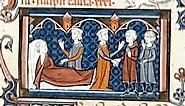
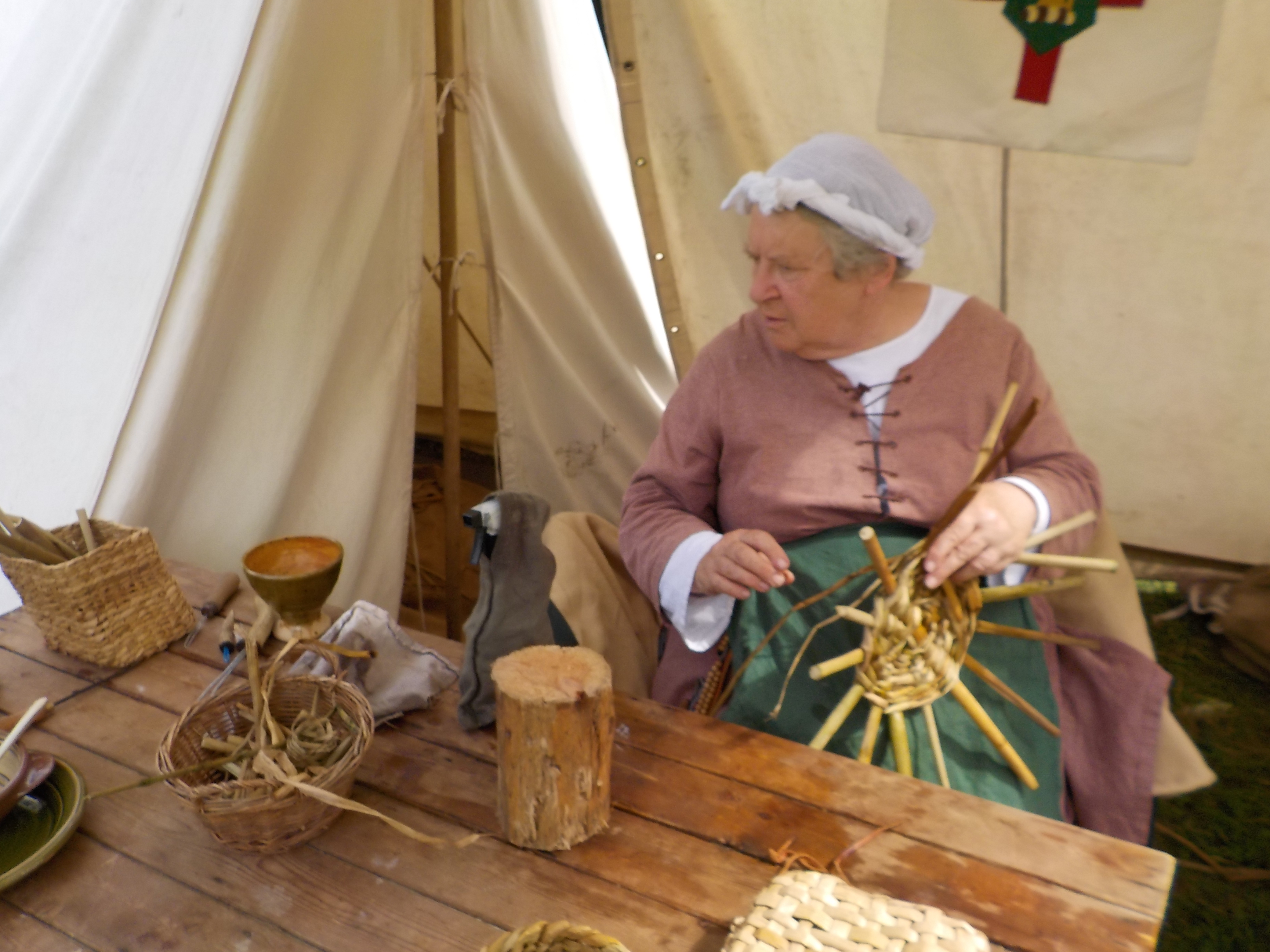
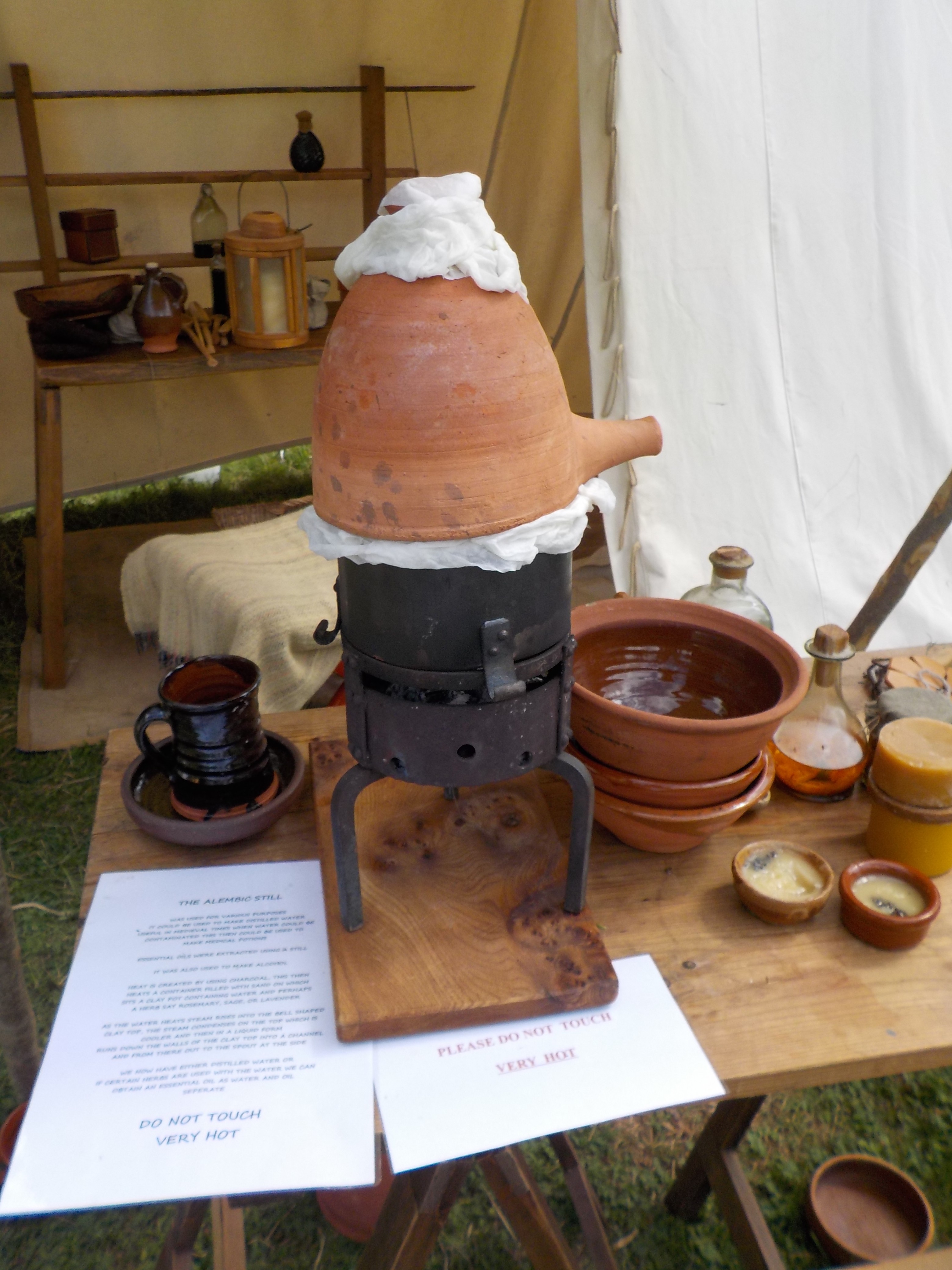
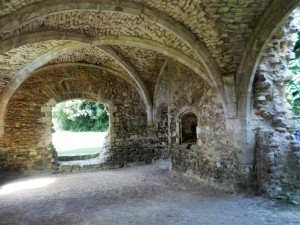
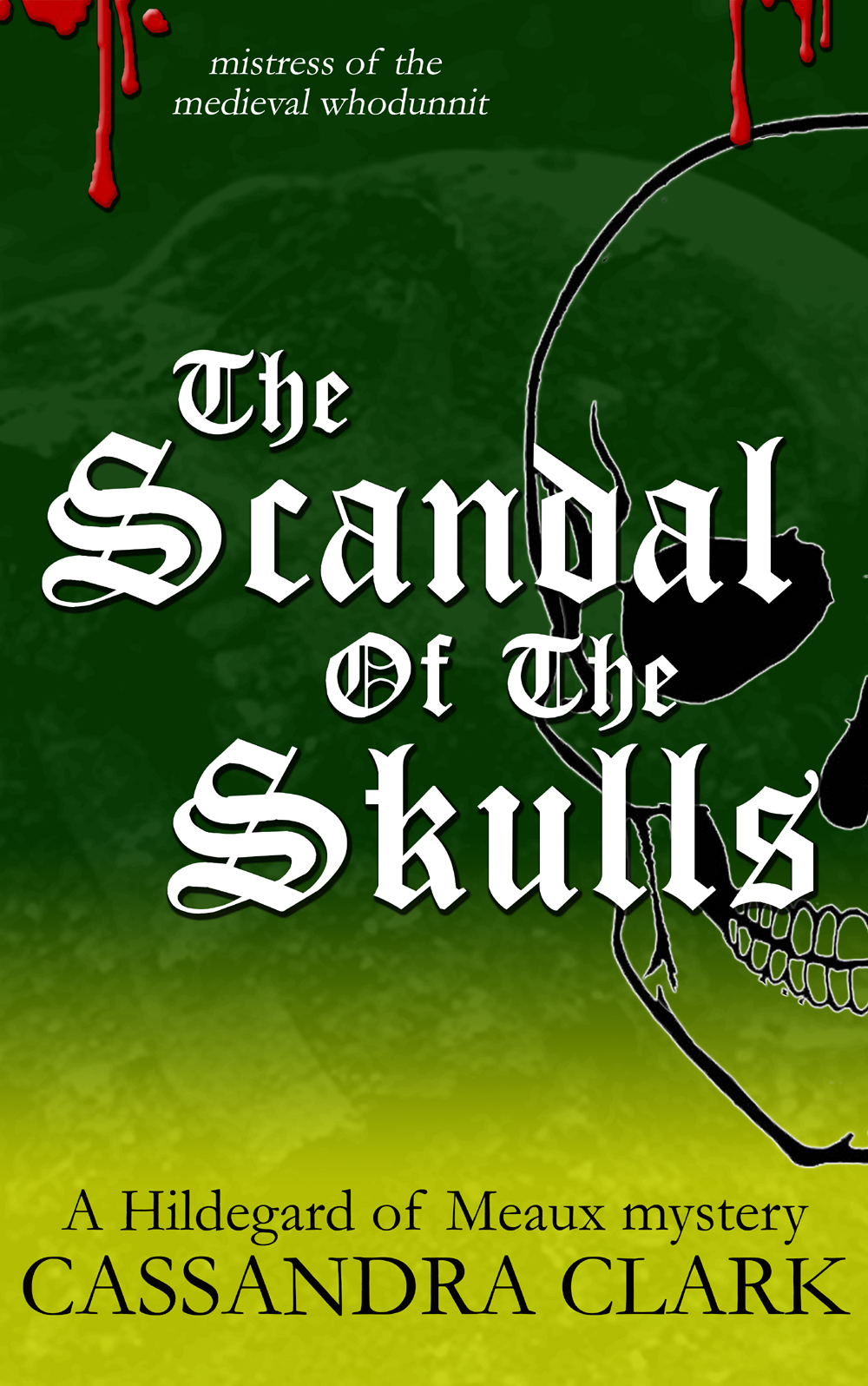
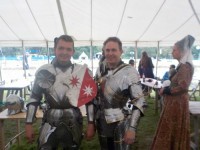
Recent Comments